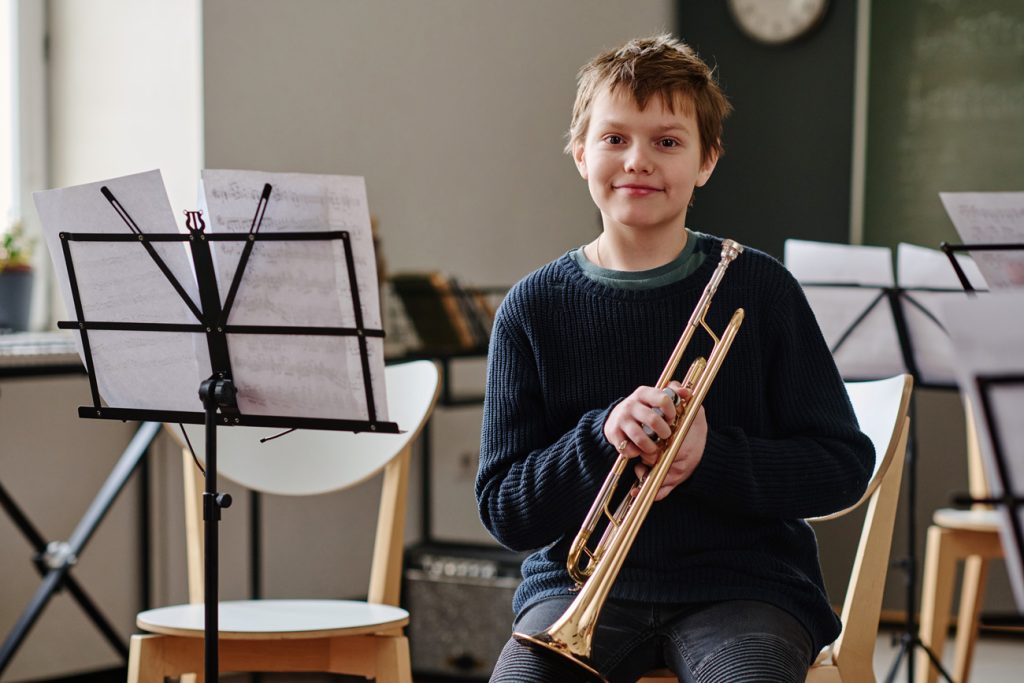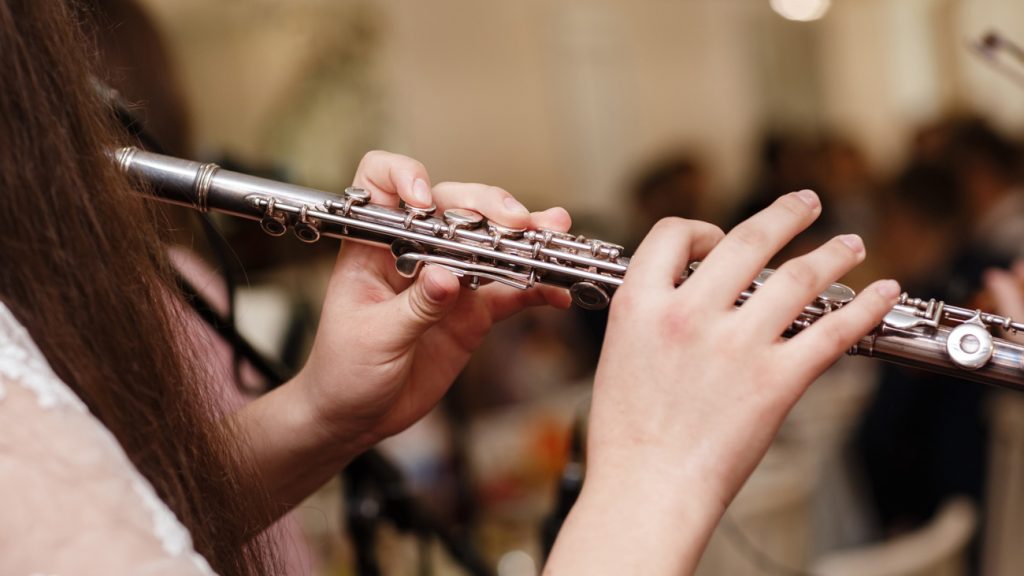How Much Does it Really Cost to Learn an Instrument?
18th December 2019Learning an instrument has plenty of benefits, from looking great on school applications to boosting your memory, so choosing to pick one up yourself or encouraging your child is a no-brainer. But, it does come with a cost. Of course, there are ways you can reduce the price of learning an instrument to make sure it fits your budget, and we’ve got plenty of tips as we answer the question ‘how much does it cost to learn an instrument?’.

Buying Your Instrument
The cost of actually buying an instrument can vary hugely – and sometimes isn’t even necessary! If you’re learning at school, for example, they can often provide the instrument for free. However if you want to properly put in the hours and master the music, we recommend that you have your own so you can play it whenever you want.
If you’re on a budget, you might consider hiring an instrument so you can pay a low monthly amount. If you’d prefer to buy your own you can also find plenty of different price ranges for the same instruments – just take a look at our clarinets which start at just £199! We have plenty that are ideal for those on a budget, as well as more professional models that are considerably more expensive.
Paying for Lessons
If you’re looking to pay for lessons, you can expect the price of learning your instrument to be considerably higher – professional lessons don’t always come cheaply! For those on a budget, this definitely doesn’t have to stop you though. You can cut costs by asking someone you know to help you, or teaching yourself through books, cds, and online video tutorials.
However, in our experience it pays to learn regularly with a professional. In a way it can be more cost effective because you will learn more quickly and without the need to fix issues later on. You’ll also get the benefit of their years of experience and oodles of inspiration and encouragement.

Commuting to Lessons
If you are getting lessons, make sure to factor in the cost of getting there if your teacher isn’t coming to you. If you have a car, consider petrol and parking fees, and if you don’t then be sure to check public transport fees before you commit to the lesson. Of course, if you can walk then this isn’t an issue – and you’ll even get some extra exercise in your day, which is always good!
Extra Costs
There are also some additional costs that a lot of people forget when taking up an instrument. These include sheet music, any books you may need, and instrument accessories – such as cases or modifying parts. You should factor in maintenance care, too, such as cleaning products and any repair costs you might have to fork out.
There isn’t a ‘one size fits all’ answer to the price of learning an instrument that we can give you, but we can say that a lot of it is up to you! If you’re on a budget, you can easily alter your choices to fit your limits. From which instrument you choose to how you learn it, there are plenty of ways to make learning an instrument more affordable.
For more tips on learning instruments and which you should choose, get in touch with our experts at Dawkes on 01628 630 800 or contact us here, we’re always happy to help!